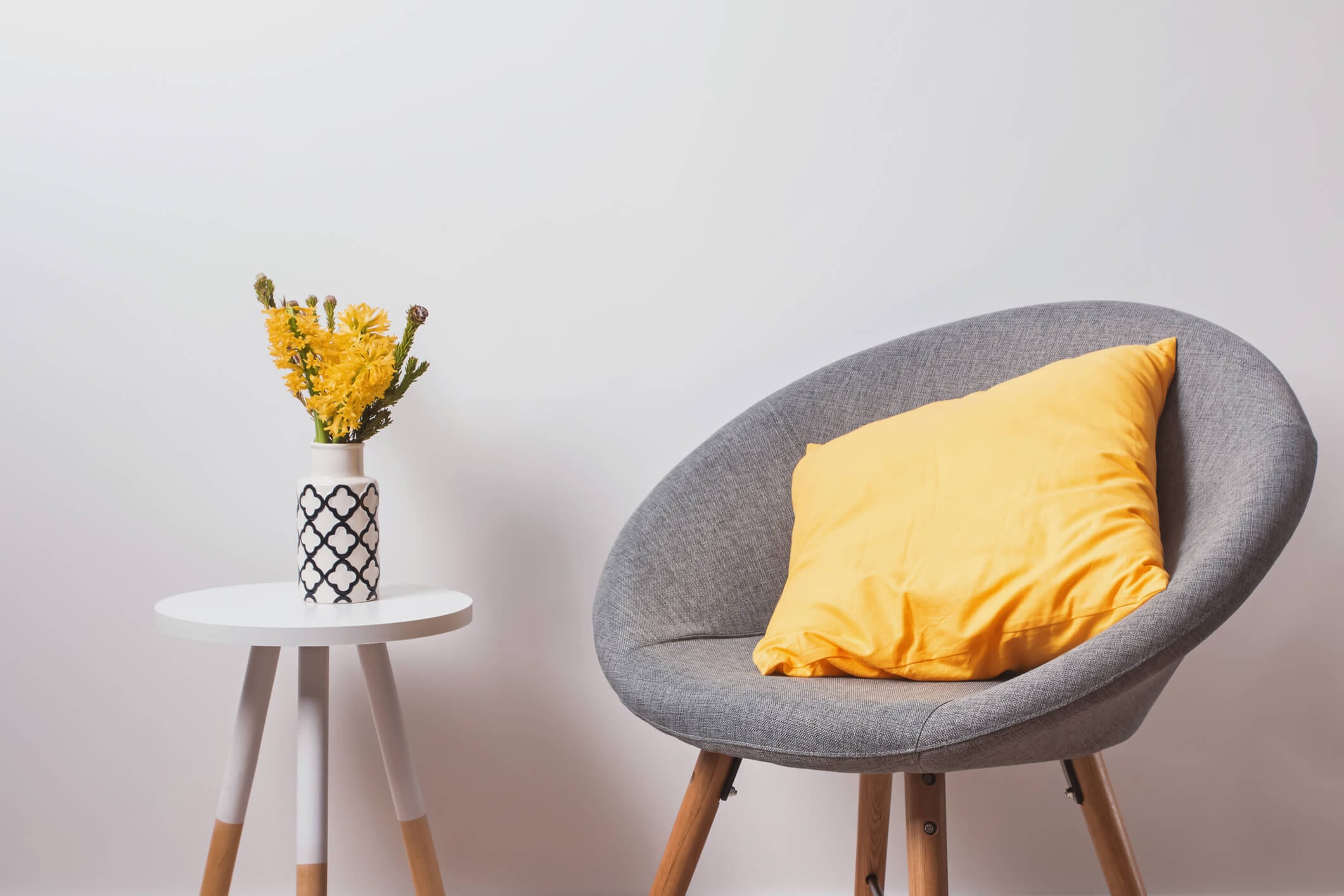
When you are sitting at your desk or in front of the TV do you think about the consequences of what you are doing?
Did you know that sitting is the new smoking and that if you have a sedentary job you are twice as likely of dying young? That’s not good news for our computer focused world!!

The link between illness and sitting first emerged in the 1950s, when researchers found London bus drivers were twice as likely to have heart attacks as their bus conductor colleagues.
Sitting for too long enhances the immobility associated with back pain and we all know that staring into a computer screen for a long time puts a lot of strain on one’s neck muscles.
Sitting or lying down for too long raises your risk of heart disease, diabetes, stroke, high blood pressure, and high cholesterol.
Moving throughout the day can help even more than exercise to lower your risk of all these health problems!
Too much sitting can also be bad for your mental health
Sitting also for long periods is thought to slow the metabolism, which affects the body’s ability to regulate blood sugar, blood pressure and break down body fat. Many adults in the UK spend more than seven hours a day sitting or lying, and this typically increases with age to 10 hours or more.
Too Much Sitting Is Killing You (Even If You Exercise)
Here are some further side effects!!:
- Poor Blood Circulation
- Weakened Muscles
- Posture Problems
- Brain Damage
- Anxiety and Depression
- Cancer
However here are some solutions
For children:
- Limit screen time, such as TV and video games, to just one to two hours a day. In children under five, the advice is to limit the time they spend watching TV, travelling by car, bus or train, or being strapped into a buggy.
- consider ways for children to “earn” screen time
- agree a family limit to screen time per day
- make bedrooms a TV- and computer-free zone
- set “no screen time” rules to encourage kids to be active
- encourage participation in house chores such as setting the table or taking the bins out
- choose gifts such as a scooter, skateboard, ball or kite to encourage active play
Parents could lead by example by also reducing their TV time and other sitting-based tasks.

Adults aged 19 to 64 are advised to try to sit down less throughout the day, including at work, when travelling and at home.
- stand on the train or bus
- take the stairs and walk up escalators
- set a reminder to get up every 30 minutes
- place a laptop on a box or similar to work standing
- stand or walk around while on the phone
- take a walk break every time you take a coffee or tea break
- walk to a co-worker’s desk instead of emailing or calling
- swap some TV time for more active tasks or hobbies
Some older adults (aged 65 and over) are known to spend 10 hours or more each day sitting or lying down, making them the most sedentary population group.
- avoid long periods sat in front of a TV or computer
- stand up and move during TV advert breaks
- stand or walk while on the phone
- use the stairs as much as possible
- take up active hobbies such as gardening and DIY
- join in community-based activities, such as dance classes and walking groups
- take up active play with the grandchildren
- do most types of housework
My simple tips are to stand when answering the phone or regularly go & get a glass of water.
For more advice on pain or stress management and other health issues please get in touch.

